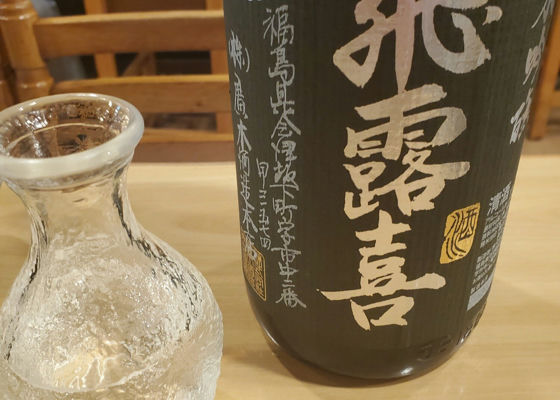
SakenowaRecord your sake experiences and discover your favorites
Registered Date
Check-ins
84Favorite Brands
0Most Check-in Brands
Timeline

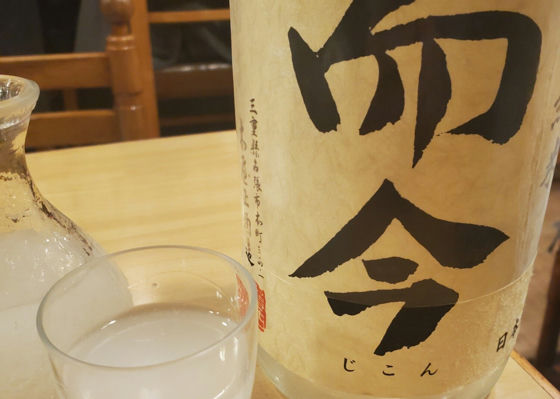
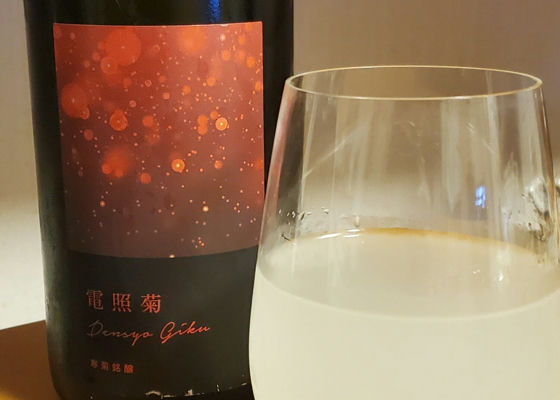
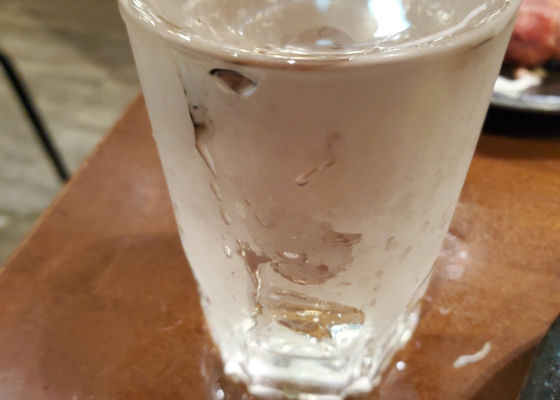
浦和のむー
It's just delicious.
Japanese>English
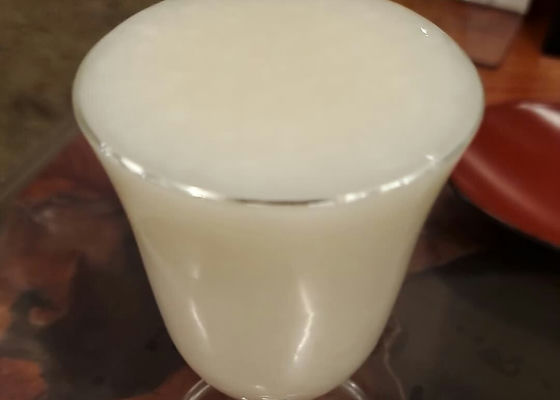
浦和のむー
The sweet schwarma tenderloin is a one-of-a-kind flavor. Too good.
Japanese>English
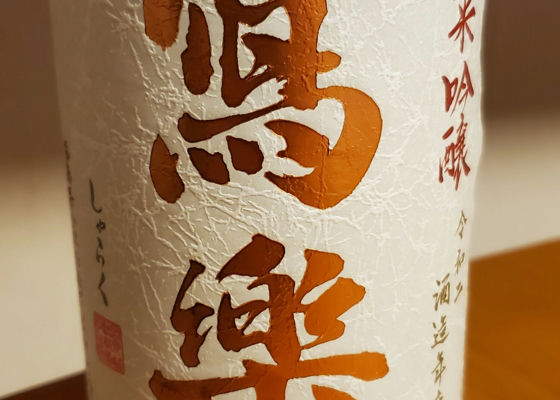
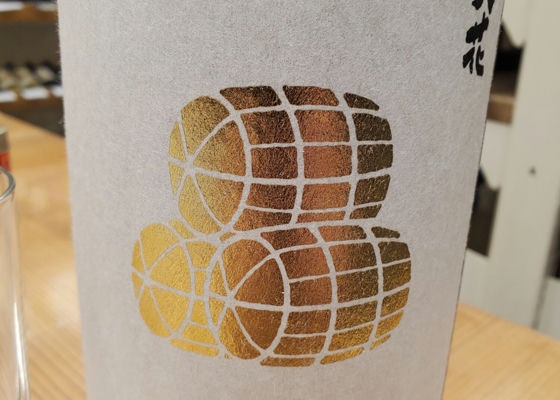
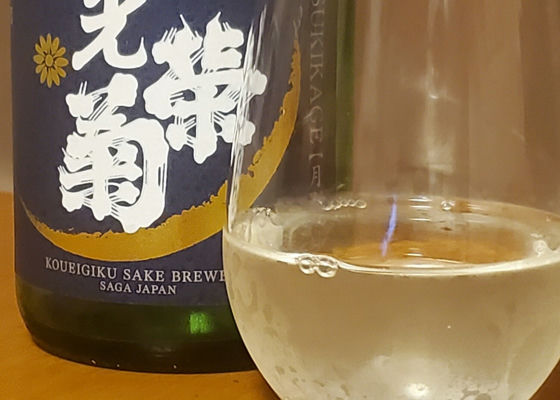
浦和のむー
Sweet and sour and spiky is the first impression. After a few days, it gradually changes to a calmer taste.
Japanese>English
Mutsuhassenprototype
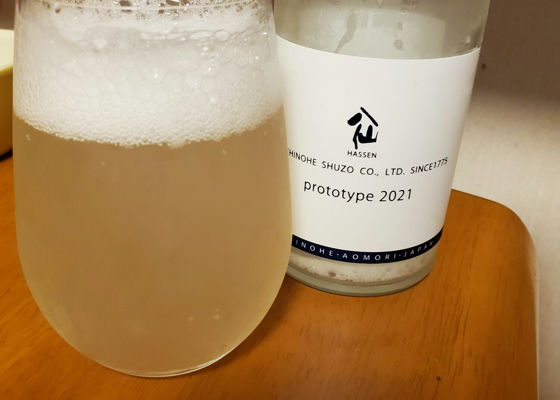
浦和のむー
In a word, it is sweet schwa. It's delicious, but it might be hard to tell the difference from Mio or Suzune.
Japanese>English
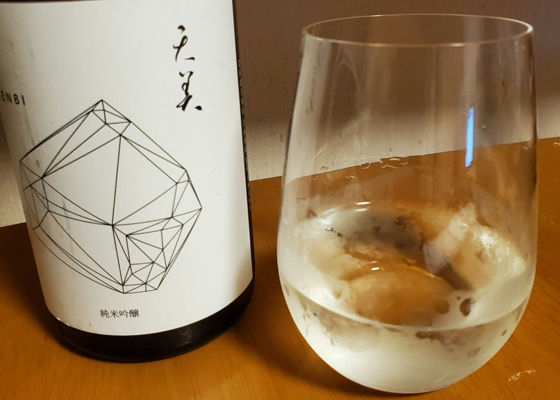
浦和のむー
While the sweetness and sourness spread lightly the moment it is contained, a refreshing aroma similar to Muscat passes through the nose. You can hardly feel the bitterness. It is the most delicious this year. Taste level 5
Japanese>English
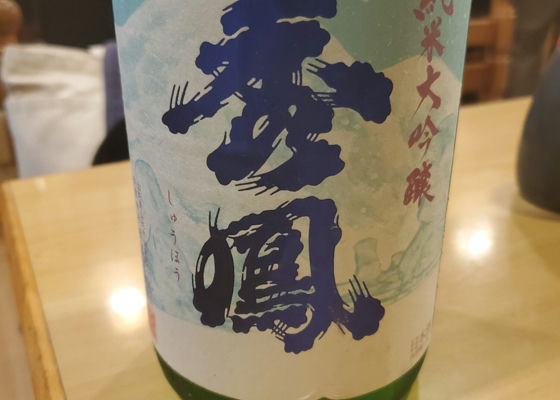
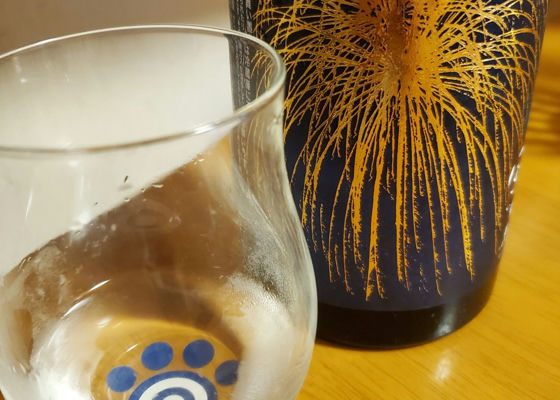
浦和のむー
This is the first sake in a long time where the cork flies off. The moment you drink it, you get the impression that the carbon dioxide is strong. Gradually the sweetness and bitterness come out, and the aftertaste is long. In order to make the most of the long aftertaste, it goes well with rich flavored dishes.
Taste level 4
Japanese>English
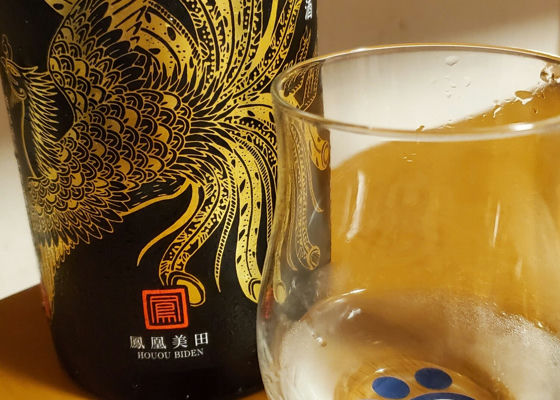
浦和のむー
Mild taste. The bitter taste comes after the sweet taste. There is a muscat type aroma, but it is not strong.
Taste level 4
Japanese>English
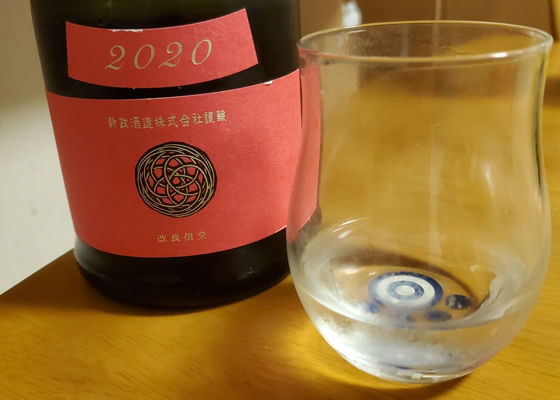
浦和のむー
I can only say that it is a strange sake. When it was first opened, there was no sweetness at all, only citrus aroma and sourness, but after letting it sit for a month, the sweetness and umami came out, and the sourness, aroma, bitterness, sweetness, and umami formed a perfect balance.
What's more, it's even more amazing that the label predicts that it will.
Japanese>English
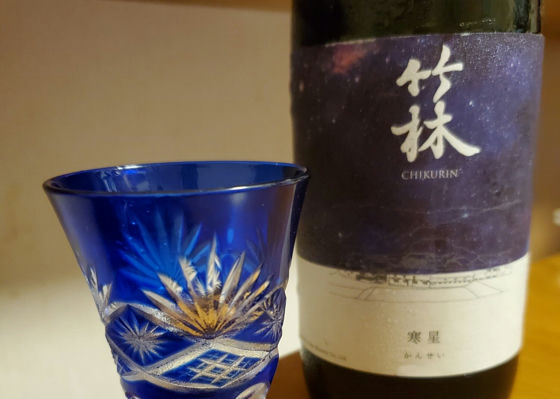
浦和のむー
Sweetness and bitterness are strong. It has an alcoholic taste, so it is very satisfying to drink.
Japanese>English
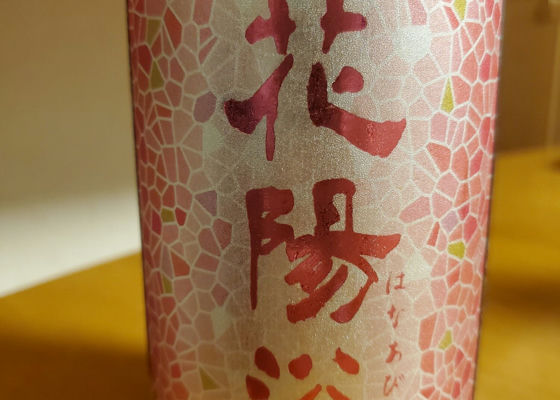
浦和のむー
The fruity aroma is followed by a sweet, bitter taste. Taste level 4
Japanese>English
WAKAZEthe classic
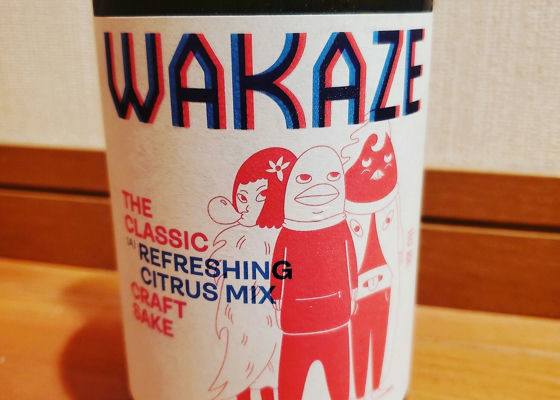
浦和のむー
SAKE" is made from rice grown in France. Although it is influenced by preconceptions, the wine-like acidity and the cleanliness of the aftertaste are impressive. It is out of the scope of my preference.
The reason I don't tag it as Junmai-shu is because I don't think it meets the requirements for a sake with a specific name. I can't explain it clearly. LOL!
Japanese>English
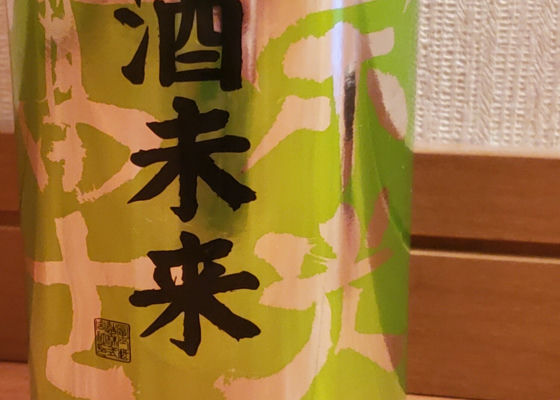
浦和のむー
It's like the Eikoh-fuji. As the concept of the brewer, it's clean, not boring, and goes well with food. I like it 4.
Japanese>English
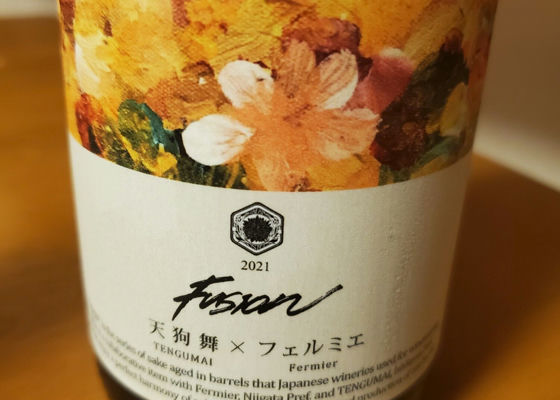
浦和のむー
This is a different type of Tengu Mai aged in wine barrels. From the golden liquid, a honey-like aroma rises, and a rich sweetness and sourness spreads in the mouth. You can feel the aroma peculiar to old sake a little, but it is soft and easy to drink because it is aged in wine barrels. It goes well with nuts and cheese.
It is a special kind of sake, so it is not included in this category.
Japanese>English
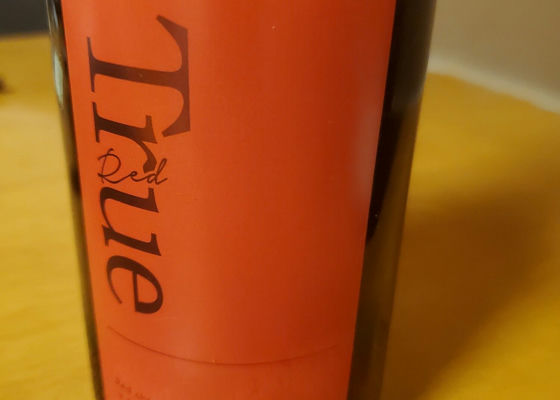
浦和のむー
A sweet and delicious sake. It has a fruity muscat-like aroma. Taste level 5.
Japanese>English